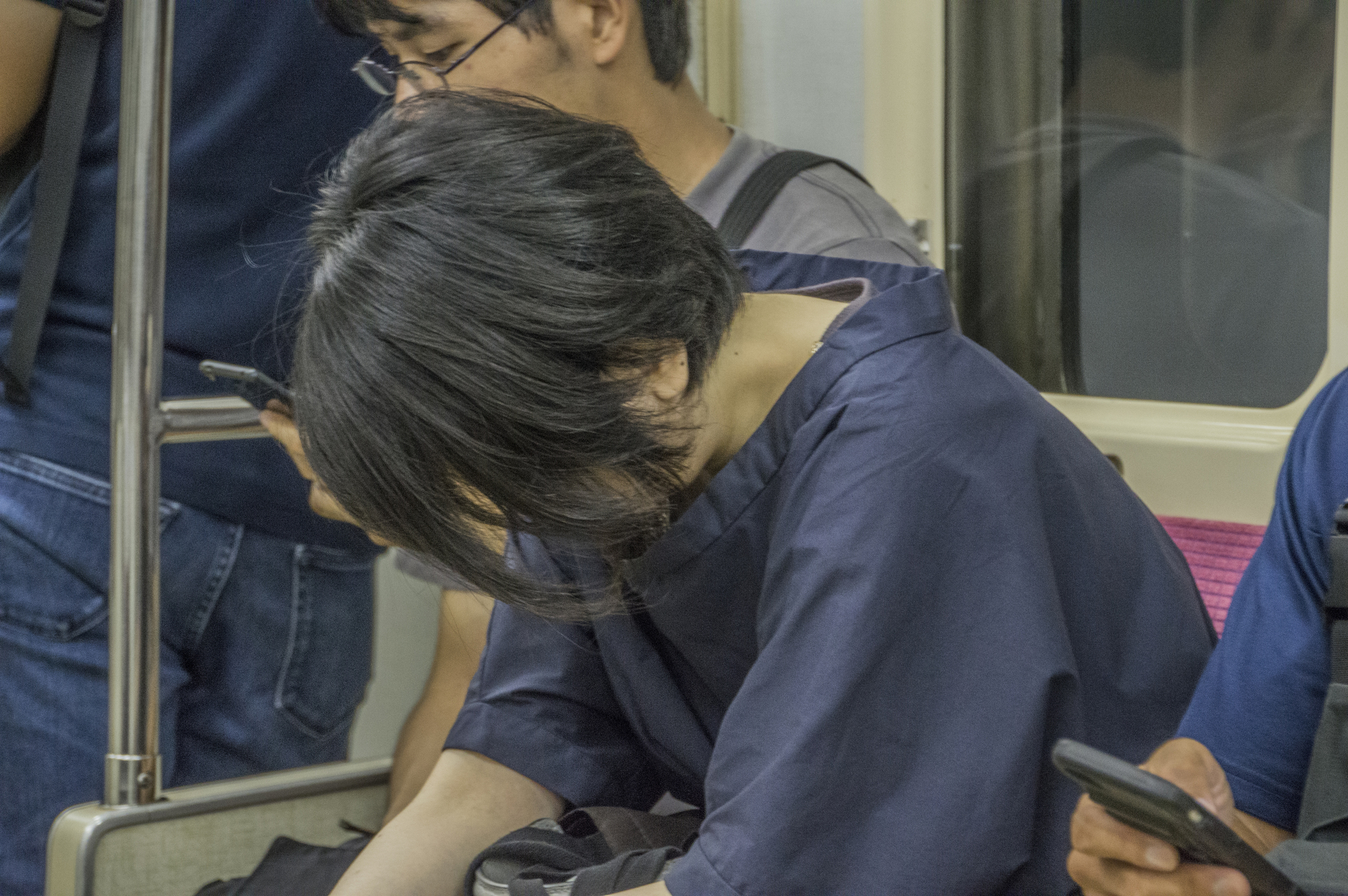SINGAPORE: A study led by researchers from the Global Centre for Asian Women’s Health (GloW) and the Department of Obstetrics and Gynaecology at the NUS Yong Loo Lin School of Medicine (NUS Medicine), in collaboration with Harvard T.H. Chan School of Public Health, Brigham and Women’s Hospital, and Harvard Medical School, has identified a significant connection between sleep health and the risk of developing Type 2 diabetes (T2D) in women with a history of gestational diabetes mellitus (GDM).
The research, led by Professor Zhang Cuilin, Director of GloW, and Dr Yin Xin, Research Fellow at GloW, examined data from nearly 3,000 women who had experienced GDM. These women were tracked over 17 years as part of the Nurses’ Health Study II.
The findings revealed that those who slept six hours or fewer per night faced a 32% higher risk of developing T2D compared to those who adhered to the recommended seven to eight hours of sleep.
Beyond sleep duration, the study also found a strong association between regular snoring and diabetes risk. Women who snored most nights or every night had a 61% increased likelihood of developing T2D. Further, those who both slept too little and snored regularly had more than double the risk compared to women with healthy sleep patterns.
Regular snoring was also linked to metabolic disturbances.
The researchers observed that women who snored frequently had higher levels of HbA1c, insulin, and C-peptide—key biomarkers indicating poor glucose metabolism and potential metabolic dysfunction. These findings highlight the critical role that sleep plays in long-term metabolic health.
With this study stressing the importance of sleep in diabetes prevention, researchers are now exploring targeted interventions to improve sleep quality, dietary habits, and other lifestyle factors specifically for Asian women. They also aim to deepen their understanding of the biological mechanisms driving these associations.
By prioritising better sleep, women with a history of GDM may be able to reduce their long-term risk of developing T2D and improve overall metabolic health.
—
Featured image by DepositPhotos

